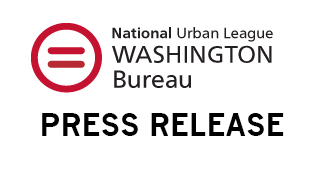
WASHINGTON, DC – The Campaign for High School Equity today released a white paper that raises serious questions about state accountability plans under the ESEA waiver program of the U.S. Department of Education. The white paper is available on the CHSE website. It finds disturbing trends such as the use of “super subgroups” that could lead to fewer students of color receiving the supports they need to succeed in school.
In 2011, the U.S. Department of Education announced that states agreeing to certain requirements would become eligible for waivers from core accountability provisions of the No Child Left Behind federal education law. 40 states and the District of Columbia have received waivers. The waivers allow those states to use super subgroups and race- and income-based subgroups in reporting student data under federal accountability programs.
CHSE’s analysis shows the waivers could weaken efforts to highlight inequities, narrow achievement gaps, and improve education for all students. The analysis also shows that fewer schools could be identified for interventions and struggling students could lose the supports and services they desperately need and deserve.
“Transparency and robust parameters are essential to equity in education,” said Rufina Hernández, executive director of CHSE. “When it comes to protecting civil rights, our communities have always looked to the federal government. For the sake of millions of students of color, we urge the Administration to work with all stakeholders in education and improve accountability.”
# # #

